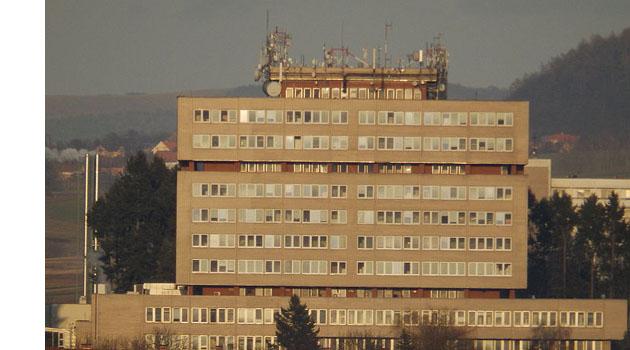Slovakia: Romani women giving birth allege they are subjected to physical violence, racism in hospitals

Original reporting by the Associated Press (AP) has revealed that women are being held against their will for several days after giving birth in some hospitals in Slovakia. According to the AP, Romani women especially suffer as a result of these measures are treated brusquely and sometimes even violently by hospital staffs.
When asked by the Czech News Agency for comment, the Slovak Health Ministry thoroughly rejected the allegations, as did the hospital in Kežmarok where the AP acquired the material for its reportage. A spokesperson for the ministry, Zuzana Eliášová, said the ministry has no information about alleged violence in maternity wards.
The ministry also said any behavior by personnel that is not in accordance with human dignity and with a professional approach would be considered improper. The AP reports that the ministry recommends that all newborns and postpartum mothers remain in hospital care for up to four days after delivery irrespective of the state of their health.
The AP further alleges that in many hospitals this is obligatory because health care facilities receive insurance reimbursements for such stays. The ministry spokesperson objected to the allegation that women are being detained in maternity wards against their will.
Eliášová said the duration of postpartum care provided in maternity wards is influenced mainly by the mother’s skill at caring for her newborn, by the development of her lactation, and by the time needed to perform all the necessary examinations of the newborn. She added that Slovakia is considering reducing the recommended postpartum hospitalization time from four days to three.
Four days of suffering
The AP reports that postpartum mothers and their newborns are customarily unjustifiably detained in hospitals across Slovakia. Mainly Romani women suffer this treatment most frequently – moreover, they face physical violence and racism in health care facilities.
The crucial role in this practice, according to the AP, is played by insurance companies. Several health care workers told the AP that hospitals receive reimbursement from insurers if children and their mothers remain in a health care facility for at least four days after delivery.
This practice has been confirmed, for example, by Dover, a private insurance company in Slovakia, which pays reimbursements separately for mothers and newborns, the AP reports. Both must remain in hospital for at least four days.
The postpartum mother is able to leave the facility before her newborn does as long as a physician agrees. According to the AP, these measures have had the worst impact on Romani women.
Many Romani women have complained that the personnel in hospitals beat them, ignore their needs, and shout at them, even during delivery. Some also said two Romani women must frequently share the same hospital bed along with their newborns.
Some Romani women flee the hospitals after giving birth because of this alleged discrimination, returning for their newborns several days later. The health care facilities then charge them special fees for caring for the newborn in the mother’s absence, the AP reports.
Alžbeta Sivá, spokesperson for the Agel SK company, which runs the hospital in Kežmarok where the AP was reporting from, told reporters she did not doubt the women’s testimony. “Sometimes such cases happen, but very rarely, minimally,” she said.
After her comments were publicized, Sivá claimed to have never made them to the AP, according to news server Novinky.cz. “It is absolutely not possible that female Romani patients be slapped as the report alleges, or that they be humiliated in any other way. We do not differentiate among our patients according to their religions or skin color, there is no segregation in the hospital in Kežmarok. This is an absurd invention,” she said, adding that the AP report is “incorrectly edited so that the answers given do not correspond to the questions asked.”
